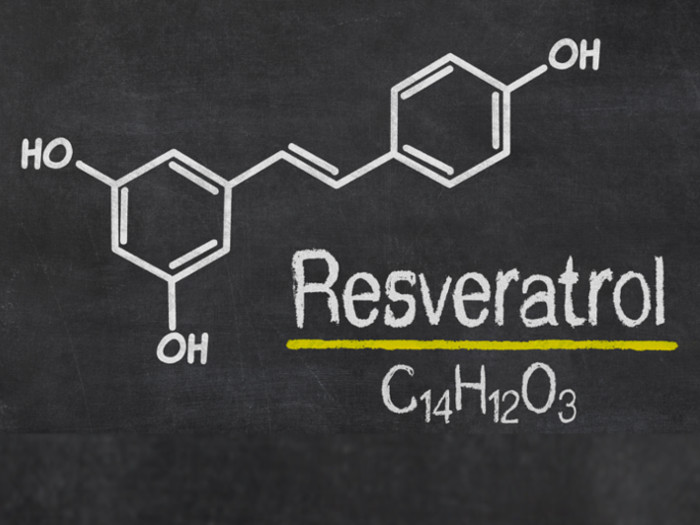Consuming food and beverages high in resveratrol can be very good for your overall health, thanks to its powerful antioxidant potential.
What is Resveratrol?
Resveratrol is a naturally occurring phenol that is found in various plants, including the skin of grapes. As a result, wine is often the example people use when discussing resveratrol. While there is a great deal of attention on this compound, there has been a surprisingly small amount of research on the effects of the substance. This is not an essential nutrient, but some people claim a number of health effects, so supplementation has become more popular, particularly in the last ten years. [1]
Resveratrol Benefits
The benefits of resveratrol appear to include an ability to regulate diabetes, improve mental and heart health, among others.

Resveratrol supplements are becoming increasingly popular. Photo Credit: Shutterstock
Heart Disease
Researchers have found that supplementation with this compound is able to protect the delicate lining of your arteries, thus protecting your cardiovascular health and reducing the chance of heart disease. [2]
Anticancer Potential
The Memorial Sloan Kettering Cancer Center notes that while there is a need for more studies which establish the potential of resveratrol against cancer, there are some positive effects of this compound that have been highlighted by existing research. It is suggested that the phenolic compound might have antiproliferative, antioxidant, and cytotoxic effects. A 2019 study also noted that the antiproliferative properties are effective against bladder cancer cells. [3] [4]
Alzheimer’s
The antioxidant properties of this compound mean that it can help to clear out the neural pathways and reduce the negative effects of oxidative stress, thus preserving mental health and memory. Although further research is still required. [5]
Diabetes
The production of inflammatory compounds that this compound affects is related to blood sugar fluctuation and the ability to manage the symptoms of diabetes. [6]
Obesity
By improving the metabolism and aiding in the detoxification of the body, this compound can aid in weight loss efforts. [7]
Anti-Aging
Like all other antioxidants, this can have an effect on wrinkles, age spots, blemishes, and other common signs of aging. [8]
List of Resveratrol Foods
If you want to increase your daily or weekly intake of resveratrol, try adding the following:
- Red wine
- Pistachios
- Dark berries
- Grapes
- Raw cacao
- Peanuts
- Dark chocolate
However, moderation is key in all things, and concentrated amounts of this substance can be found in these foods; there is no need to eat too much.
Resveratrol Dosage
There isn’t a formal recommendation for resveratrol levels in the body, since it isn’t an essential nutrient, and everyone’s body seems to react slightly differently to concentrated supplementation. The minimum amount you will want to take is 100 milligrams per day, but some people take more than 1500 milligrams per day. It depends on what health conditions you are experiencing, and what your health goals are.
Resveratrol Side Effects
In terms of side effects, resveratrol supplementation has been linked to the following:
- Gastrointestinal upset
- Inflammation
- Hormonal fluctuation
- Complications with other medications
- Drop in testosterone levels
- Nausea
- Diarrhea
- Vomiting
Although if moderate amounts are consumed, the chance of experiencing side effects is low. If you are taking blood-thinning medications, be sure to speak with your doctor before adding this supplement to your health regimen.
